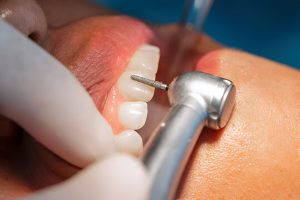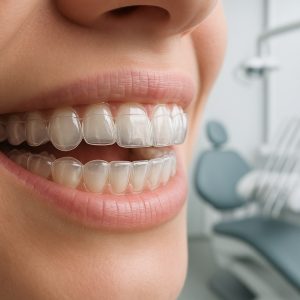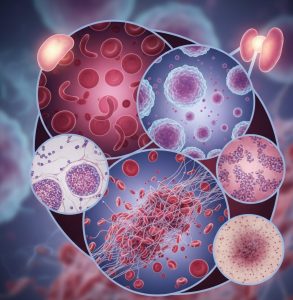The Link Between Nutrition and Skin Health

Skin Health
Our skin is the largest organ in our body and plays a crucial role in protecting us from external factors such as pollution, UV rays, and toxins. Moreover, our skin is also an essential part of our appearance and affects our confidence and self-esteem. Therefore, it is crucial to take proper care of our skin to maintain its health and beauty. One of the most overlooked aspects of skin health is nutrition. In this article, we will explore the link between nutrition and skin health and how a healthy diet can improve the appearance and function of our skin.
The Role of Nutrition in Skin Health
Our skin is constantly exposed to environmental stressors that can damage its structure and function. However, our body has a natural defense mechanism that protects our skin from these harmful factors. This defense mechanism is comprised of various nutrients that act as antioxidants and anti-inflammatory agents. These nutrients include vitamins A, C, and E, zinc, selenium, and omega-3 fatty acids.
Vitamins and Minerals for Healthy Skin
Vitamin A is a powerful antioxidant that promotes cell turnover and collagen production, which are essential for maintaining the elasticity and firmness of the skin. Foods rich in vitamin A include carrots, sweet potatoes, spinach, and liver.
Vitamin C is another potent antioxidant that helps to protect the skin from UV damage and stimulates collagen production. Foods rich in vitamin C include citrus fruits, berries, kiwis, and broccoli.
Vitamin E is a fat-soluble vitamin that protects the skin from oxidative stress and promotes healing. Foods rich in vitamin E include nuts, seeds, avocado, and spinach.
Zinc is a mineral that is essential for skin health as it helps to regulate oil production and promote wound healing. Foods rich in zinc include oysters, beef, pumpkin seeds, and lentils.
Selenium is another mineral that plays a crucial role in skin health as it helps to prevent oxidative damage and reduce inflammation. Foods rich in selenium include Brazil nuts, tuna, and eggs.
Omega-3 fatty acids are essential fatty acids that help to maintain the integrity of the skin barrier and reduce inflammation. Foods rich in omega-3 fatty acids include fatty fish, flax seeds, and walnuts.
Foods to Avoid for Healthy Skin
In addition to consuming foods that are rich in nutrients, it is also important to avoid foods that can harm our skin. Some of the foods that can negatively affect our skin include:
- Sugar: Consuming too much sugar can lead to glycation, which is a process that damages collagen and elastin, leading to wrinkles and sagging skin.
- Processed foods: Processed foods are often high in sodium, which can lead to inflammation and puffiness.
- Dairy: Dairy products contain hormones and growth factors that can lead to acne and other skin issues.
- Alcohol: Alcohol dehydrates the skin, leading to dryness and dullness.
In conclusion, nutrition plays a crucial role in maintaining the health and beauty of our skin. Consuming a diet that is rich in vitamins, minerals, and healthy fats can help to protect our skin from environmental stressors and promote its function and appearance. Moreover, avoiding foods that are harmful to our skin can also improve its health and prevent premature aging. By taking care of our skin from the inside out, we can achieve a radiant and youthful complexion that makes us feel confident and beautiful.
Can diet really affect skin health?
Yes, diet plays a crucial role in maintaining the health and appearance of our skin. Consuming a diet that is rich in vitamins, minerals, and healthy fats can help to protect our skin from environmental stressors and promote its function and appearance.
What are some of the best foods for healthy skin?
Some of the best foods for healthy skin include fruits and vegetables that are rich in vitamins A, C, and E, as well as minerals such as zinc and selenium. Additionally, consuming healthy fats such as omega-3 fatty acids can also improve the health of our skin.
Can consuming sugar harm our skin?
Yes, consuming too much sugar can lead to glycation, which is a process that damages collagen and elastin, leading to wrinkles and sagging skin.
Should we avoid dairy products for healthy skin?
Dairy products contain hormones and growth factors that can lead to acne and other skin issues. Therefore, it is best to limit our consumption of dairy products for healthy skin.
Can alcohol harm our skin?
Yes, alcohol dehydrates the skin, leading to dryness and dullness. Therefore, it is best to limit our alcohol consumption for healthy skin.




